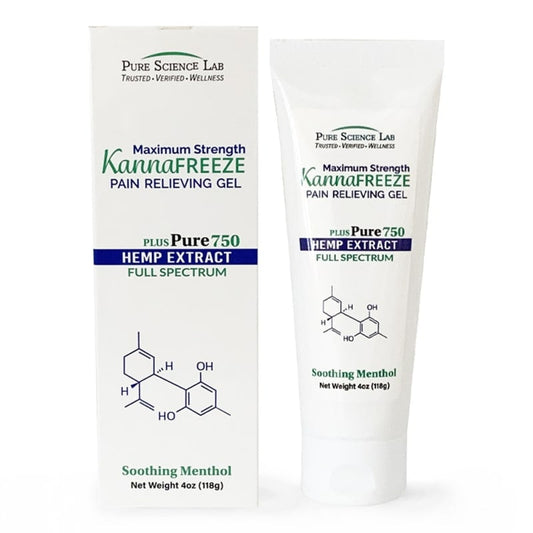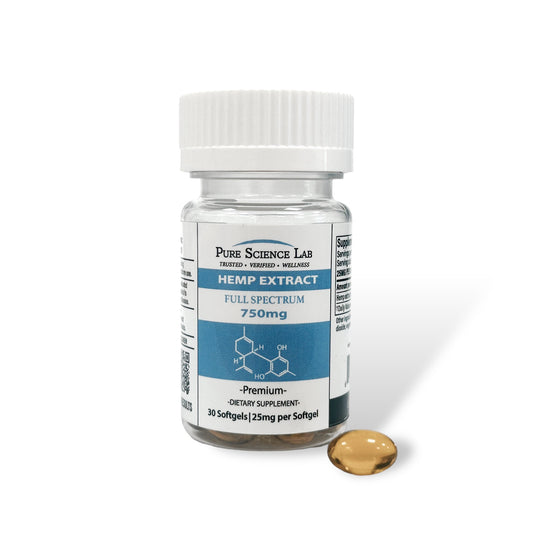CBD, or cannabidiol, has gained significant attention in recent years for its potential therapeutic benefits, particularly in managing inflammation. Recent research has highlighted CBD's promising anti-inflammatory properties. It has been found that CBD reduces inflammation by inhibiting the production of pro-inflammatory cytokines, which are signaling proteins associated with inflammation.
Furthermore, research suggests that CBD interacts with the endocannabinoid system, which plays a key role in regulating inflammation and immune responses in the body. By modulating the endocannabinoid system, CBD may help to restore balance and alleviate inflammation.
Moreover, CBD has shown potential in managing inflammation associated with various conditions, including arthritis and inflammatory bowel disease. The anti-inflammatory effects of CBD in preclinical and clinical studies suggests its therapeutic potential in treating inflammatory disorders.
It's important to note that while research on CBD and inflammation is promising, more studies are needed to fully understand its mechanisms of action and therapeutic potential. Additionally, the effectiveness of CBD may vary depending on factors such as dosage, administration method, and individual differences.
Recent studies support the notion that CBD possesses anti-inflammatory properties and may offer therapeutic benefits in managing inflammation-related conditions. By staying informed about the latest research findings, individuals can make more informed decisions about incorporating CBD into their wellness routines. Discover the potential of CBD in managing inflammation.









